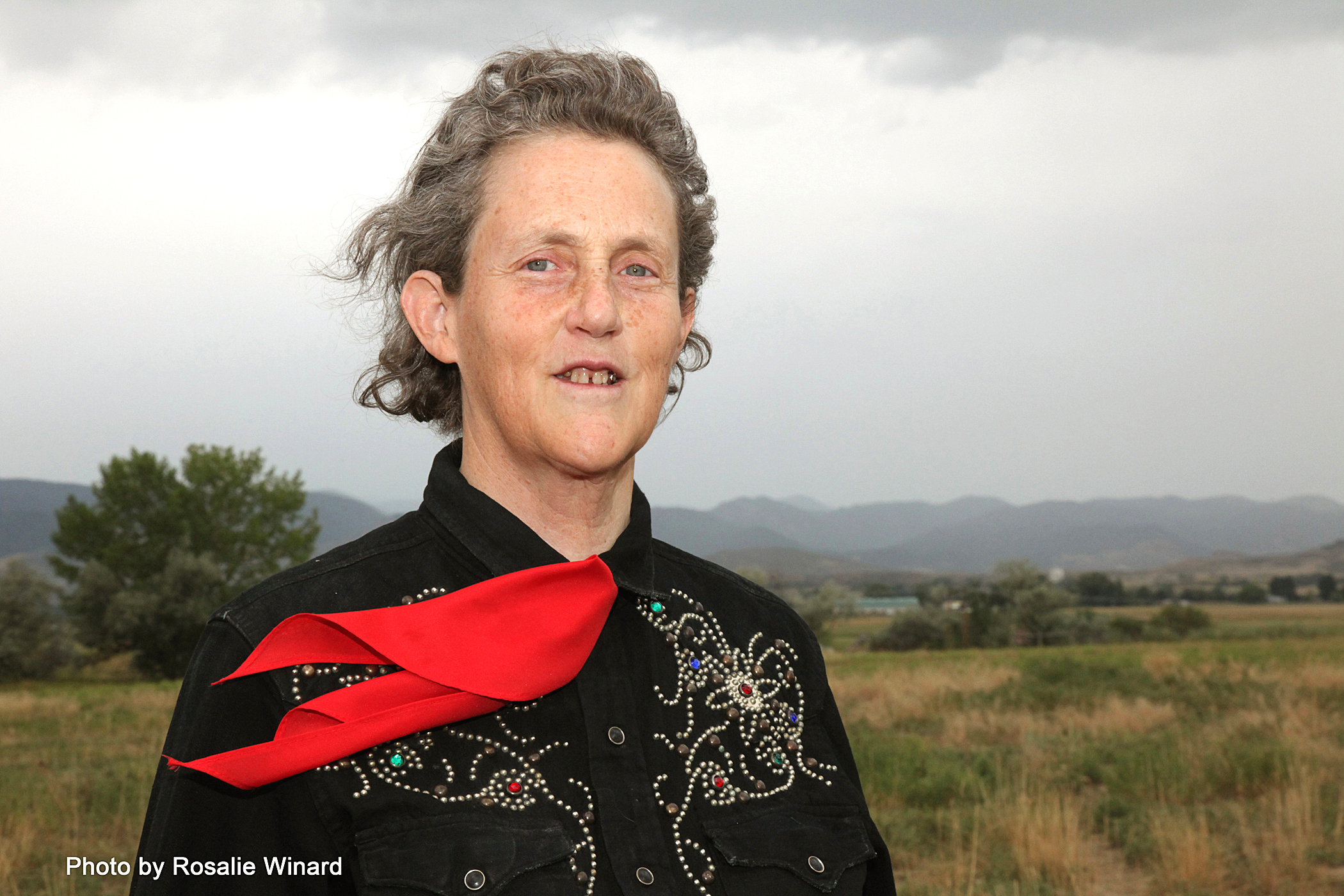
Temple Grandin, Ph.D., is a professor of animal science at Colorado State University and one of the best-known adults with autism. She has long been an outspoken proponent of autism rights and the need to recognize different kinds of thinkers, including people with autism, dyslexia and ADHD, and the ways they learn and can contribute. A prolific author and speaker, she has expressed concern over labeling people who think differently: “Rigid academic and social expectations could wind up stifling a mind that, while it might struggle to conjugate a verb, could one day take us to distant stars.”
Dr. Grandin is the keynote speaker at CTA’s 2021 Fall Special Education Conference (Home Edition!), Nov. 5-7. In advance, she answered a few pressing questions.
You’re an advocate of hands-on classes for students with autism such as art, woodworking, auto shop, theater. How can educators whose schools do not offer these classes help students develop similar skills?
I’m an advocate for every kid to take these kinds of classes, especially kids with ADHD, who are dyslexic and autistic. Taking kids outside and exposing them to practical, real things helps. Gardening. Feeding animals on a farm and observing animal behavior. Looking at plant buds and constellations. I was exposed to cattle as a teenager, which led to my career.
People who think differently learn differently. How can students know if they like working with tools if they’ve never used them? There are kids growing up today who have never used a ruler. I’m concerned students are getting totally removed from learning the practical.
You’ve talked about four different types of thinking: visual thinking/object visualizer; pattern thinking/spatial visualizer; verbal thinking/language translator; auditory thinking. How does that play out in the classroom?
Educators need to understand how students think and teach to that. I’m a visual thinker — I think in pictures. Visual thinkers are poor at algebra. Pattern thinkers are good at math and music, and poor in reading. Verbal thinkers think in words, they’re good at history, they’re poor in drawing. Auditory thinkers can be dyslexic students, their visual perception is fragmented, they learn through their ears.
Education has been taken over by verbal thinkers. Other kinds of thinkers are sensory based, not word based, and more needs to be done to develop these thinkers. For example, algebra is a requirement to graduate from high school. I flunked out of algebra, and many other kids who are visual thinkers flunk out too. Why can’t geometry be required instead?
You say there can be mixtures of these types of thinkers. How do you teach to that?
People who think differently always have a dominant type of thinking. Kids who get the special education label tend to be more extreme — their skills are more uneven. Again, it’s a matter of exposure. For visual thinkers, have them try drawing and art, mechanical things. Give pattern thinkers Science and Nature magazines, computer coding. Show kids all kinds of books, textbooks.
I’m worried that our educational system is screening out too many kids with labels — autism, dyslexia, ADHD, Asperger’s.
What specific tips can you give for working with minds that are different?
- Never overload working memory.
- Avoid long strings of verbal instruction — give them a printed checklist, outline steps of a procedure.
- Provide choices of hands-on activities.
- Stretch them slightly out of their comfort zones.
- Limit idle screen time.
You’ve listed common denominators of success for unique minds. How can we best support students who may not have had exposure to some of these factors?
In addition to schools keeping classes that foster creativity and problem solving, we need to involve the community. A retired mechanic can show kids how to fix things. Someone else can start a theater club, another can teach kids sewing or cooking.
We have a shortage of people in technical and skilled trades — welding, industrial building, metal fabrication, more. We’re having to import things because we don’t have people who can make them. We have to develop and utilize the skills of different kinds of minds.
Learn more about Dr. Grandin at templegrandin.com.
Common denominators of success for unique minds
- Grew up with lots of books and learning
- Early exposure to career interests, with hands-on projects
- Learned to work hard at an early age
- Not overspecialized — for example, did not just use math narrowly, but broadened it
- Mentors to help start career path
- Career entry with internships
- Learned to drive
Source: Temple Grandin
Hear Temple Grandin speak on “Developing Talents — Utilizing the Skills of Different Kinds of Minds” at the 2021 Fall Special Education Conference (Home Edition!). The virtual event, Nov. 5-7, is for CTA members working in general or special education. Sessions are focused on core special education topics including instruction, identification, IEPs and behavior. The conference is free. University credit and professional growth hours are available. Register at cta.org/conferences.
The Discussion 0 comments Post a Comment